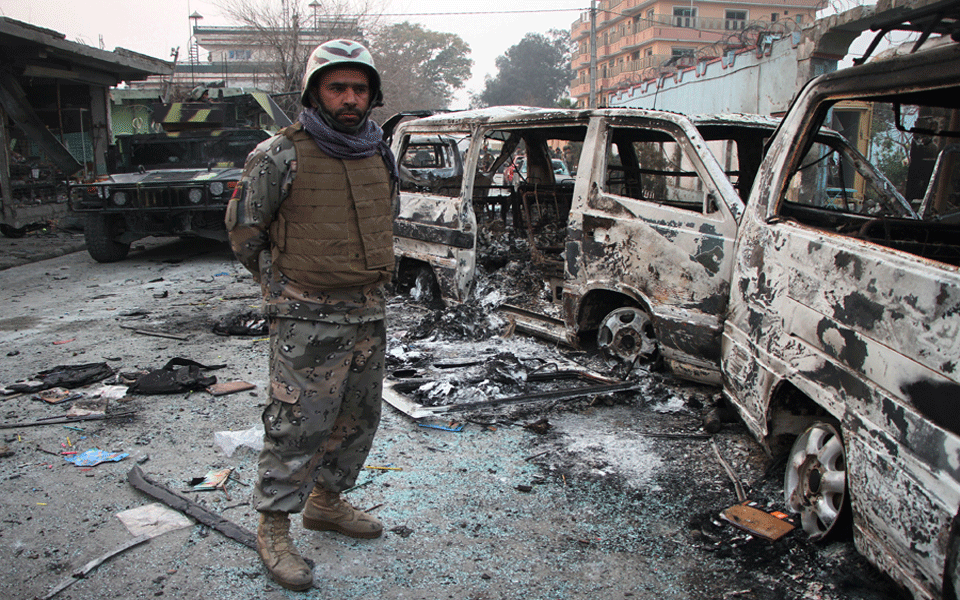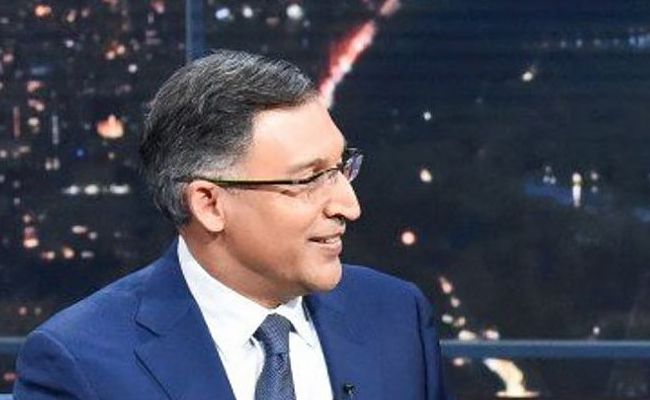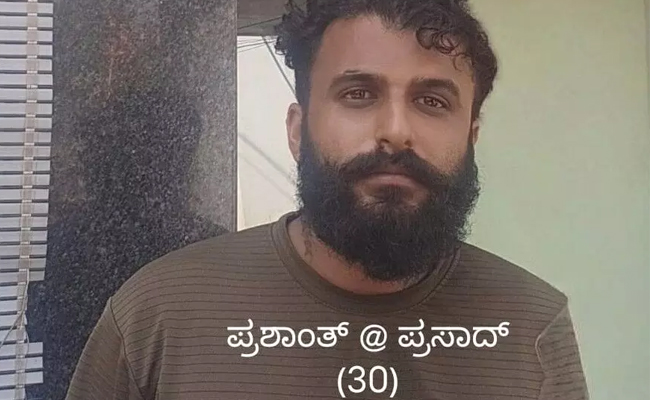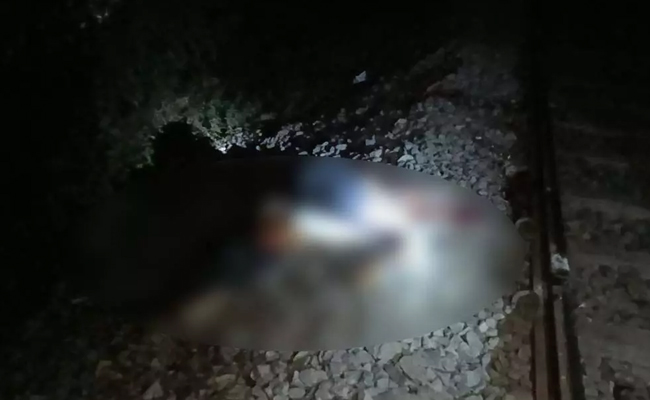Kabul: More than 10,000 civilians were killed or injured in violent attacks in Afghanistan last year, the UN has said.
The annual report released on Thursday by the UN's Mission in Afghanistan (Unama) showed the figure had dropped by 9 percent in 2017 from the previous year, reports the Guardian.
"The chilling statistics in this report provide credible data about the war's impact, but the figures alone cannot capture the appalling human suffering inflicted on ordinary people," Unama's chief Tadamichi Yamamoto said here.
US President Donald Trump introduced a more aggressive strategy in Afghanistan in August last year, including a surge in airstrikes. Militants have retaliated with attacks in Kabul in the past few weeks, killing nearly 150 people.
The total civilian toll last year was 3,438 killed and 7,015 wounded, according to the UN.
Zeid Ra'ad Al Hussein, the UN High Commissioner for Human Rights, called for the "perpetrators to be held accountable", the Guardian reported.
Unama reported a 5 percent rise in the number of women killed, at 359, with 865 injured. Child casualties stood at 3,179 (861 killed and 2,318 injured) - a 10 percent drop from 2016.
The deadliest attack since the UN began documenting civilian casualties in 2009 was in Kabul on May 31, 2017, when a massive truck bomb killed 92 and injured 491.
More than 28,000 civilians have been killed and more than 52,000 wounded in Afghanistan since 2009 when UN officials started documenting the casualties.
Let the Truth be known. If you read VB and like VB, please be a VB Supporter and Help us deliver the Truth to one and all.
Udupi: Udupi City Police have arrested two persons, including a woman, in connection with the alleged misappropriation of property tax funds belonging to the Udupi Municipal Council.
The accused have been identified as Shalini, who was working as a tax consultant outside the municipal office, and Ganesh, a bank employee.
According to police, Anand Suvarna had paid Rs 34,730 towards 12 years of property tax for his building in Kalmadi to Shalini on October 16, 2025. She reportedly issued him a receipt acknowledging the payment.
However, when Suvarna recently checked the status of the payment on the property tax portal, he found that the amount had not been credited and was still shown as pending. He then brought the matter to the notice of the Municipal Commissioner, who verified that the payment had not been recorded.
During questioning, Shalini allegedly admitted to the lapse. On February 16, 2026, she generated a new challan in Suvarna’s name and paid Rs 35,213 towards the dues.
Police said a case has been registered at the Udupi City Police Station against the accused for allegedly misappropriating tax money and defrauding the government by affixing the seal of Union Bank on the challan without remitting the amount initially received from the taxpayer.
Further investigation is under way.





